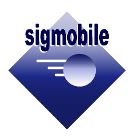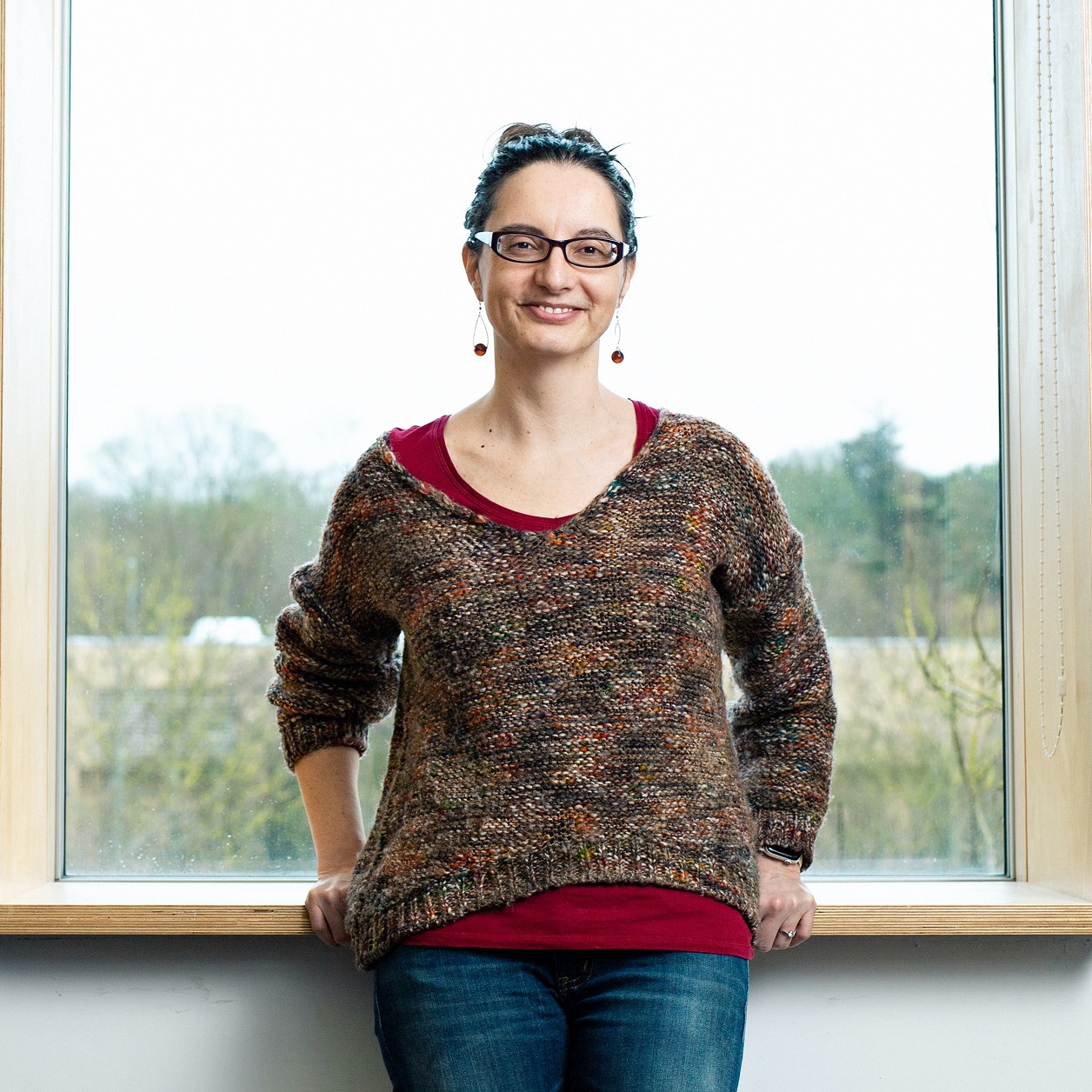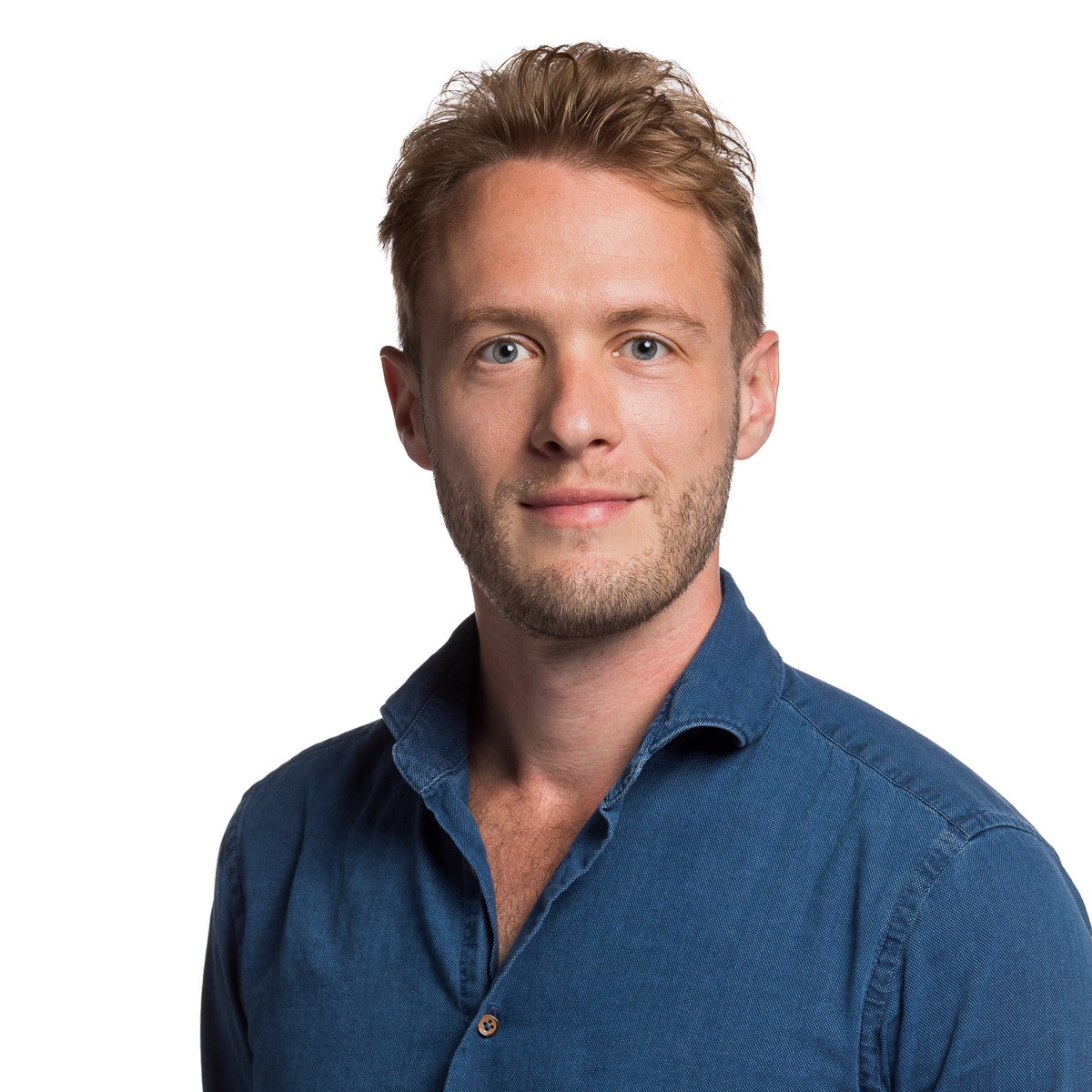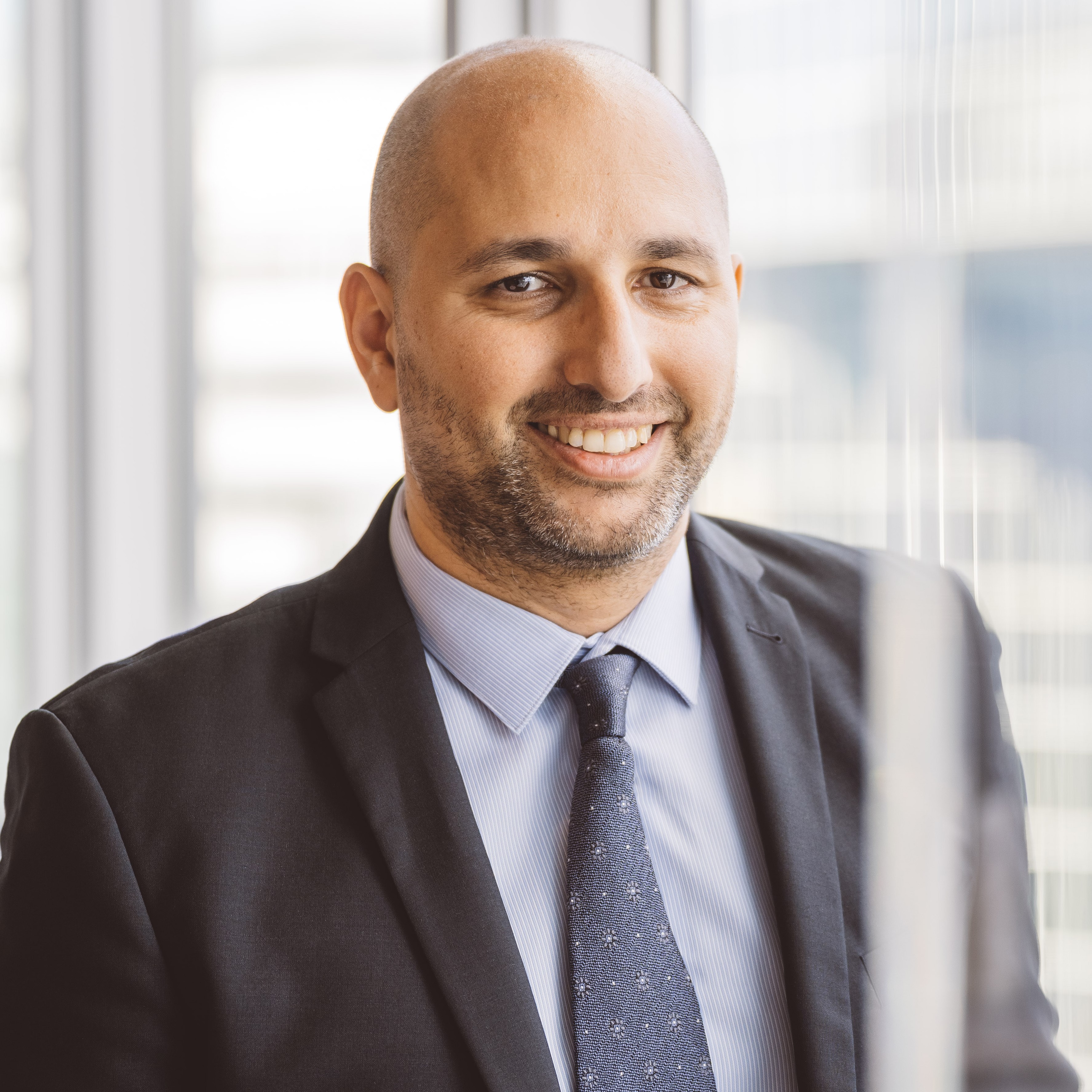


Keynotes
Sounding out wearable and audio sensing for health diagnostics.
Cecilia Mascolo, University of Cambridge
Thursday, February 18, 15:30 - 16:30 (CET)
Abstract
What can data from devices we carry with us in our daily activities really reveal about our health and wellbeing? Considerable research has been conducted into mobile and wearable sensing systems for human health monitoring. This concentrates on either devising sensing and systems techniques to effectively and efficiently collect data about users, and patients or in studying mechanisms to analyse the data coming from these sensors accurately. In both cases, these efforts raise important technical as well as ethical issues.
In this talk, I plan to reflect on the challenges and opportunities that mobile and wearable health sensing systems are introducing for the community, the developers as well as the users. I will use examples from my group's ongoing research on exploring machine learning and sensor data analysis for health applications in collaboration with epidemiologists and clinicians. In particular, I will discuss our project on using audio signals for disease diagnostics and our recent work in the context of COVID-19: a crowdsourced collected through mobile apps (covid-19-sounds.org) of respiratory sounds (coughs, breathing and voice) to prescreen and diagnose COVID-19.

Biography
Cecilia Mascolo is the mother of a teenage daughter but also a Full Professor of Mobile Systems in the Department of Computer Science and Technology, University of Cambridge, UK. She is co-director of the Centre for Mobile, Wearable System and Augmented Intelligence and Deputy Head of Department for Research. She is also a Fellow of Jesus College Cambridge and the recipient of an ERC Advanced Research Grant. Prior to joining Cambridge in 2008, she was a faculty member in the Department of Computer Science at University College London. She holds a PhD from the University of Bologna. Her research interests are in mobile and sensor systems and machine learning for mobile health. She has published in a number of top-tier conferences and journals in the area and her investigator experience spans projects funded by Research Councils and industry. She has received numerous best paper awards and in 2016 was listed in “10 Women in Networking /Communications You Should Know”. She has served as steering, organizing, and program committee member of mobile and sensor systems, data science and machine learning conferences. More details at www.cl.cam.ac.uk/users/cm542
LoRaWAN: what is it and where are we today
Johan Stokking, The Things Network
Friday, February 19, 14:30-15:30 (CET)
Abstract
LoRaWAN is a protocol for connecting IoT devices over the long range low power modulation LoRa. With a global community of over 130K developers and 17K gateways connected, The Things Network is routing over 500 LoRaWAN messages per second. This gives a lot of insight in how LoRaWAN is used globally, not only by The Things Network community but also by other networks, as LoRa is using the shared spectrum. In this talk, in the sixth year that The Things Network is active, Johan will present where we are today and where LoRaWAN is going based on data.

Biography
Johan is co-founder and technical lead of The Things Network, the leading LoRaWAN developer community, and CTO of The Things Industries, the company that makes The Things Network a sustainable initiative. Johan is also chair of the Security Work Group of the LoRa Alliance, overseeing security related matters of the LoRaWAN specification.
Mobile AI: From Cloud AI to On-Device AI
Mérouane Debbah, Huawei
Friday, February 19, 16:00 - 17:00 (CET)
Abstract
Fueled by the availability of more data and computing power, recent breakthroughs in cloud-based machine learning (ML) have transformed every aspect of our lives from face recognition and medical diagnosis to natural language processing. However, classical ML exerts severe demands in terms of energy, memory, and computing resources, limiting their adoption for resource-constrained edge devices. The new breed of intelligent devices requires a novel paradigm change calling for distributed, low-latency, and reliable ML at the wireless network edge. This talk will explore the potential of the Mobile AI paradigm to unlock the full potential of next-generation networks.

Biography
Mérouane Debbah received the M.Sc. and Ph.D. degrees from the Ecole Normale Supérieure Paris-Saclay, France. He was with Motorola Labs, Saclay, France, from 1999 to 2002, and also with the Vienna Research Center for Telecommunications, Vienna, Austria, until 2003. From 2003 to 2007, he was an Assistant Professor with the Mobile Communications Department, Institut Eurecom, Sophia Antipolis, France. In 2007, he was appointed Full Professor at CentraleSupelec, Gif-sur-Yvette, France. From 2007 to 2014, he was the Director of the Alcatel-Lucent Chair on Flexible Radio. Since 2014, he has been Vice-President of the Huawei France Research Center. He is jointly the director of the Mathematical and Algorithmic Sciences Lab as well as the director of the Lagrange Mathematical and Computing Research Center. He has managed 8 EU projects and more than 24 national and international projects. His research interests lie in fundamental mathematics, algorithms, statistics, information, and communication sciences research. He is an IEEE Fellow, a WWRF Fellow, and a Membre émérite SEE. He was a recipient of the ERC Grant MORE (Advanced Mathematical Tools for Complex Network Engineering) from 2012 to 2017. He was a recipient of the Mario Boella Award in 2005, the IEEE Glavieux Prize Award in 2011, the Qualcomm Innovation Prize Award in 2012, the 2019 IEEE Radio Communications Committee Technical Recognition Award and the 2020 SEE Blondel Medal. He received more than 20 best paper awards, among which the 2007 IEEE GLOBECOM Best Paper Award, the Wi-Opt 2009 Best Paper Award, the 2010 Newcom++ Best Paper Award, the WUN CogCom Best Paper 2012 and 2013 Award, the 2014 WCNC Best Paper Award, the 2015 ICC Best Paper Award, the 2015 IEEE Communications Society Leonard G. Abraham Prize, the 2015 IEEE Communications Society Fred W. Ellersick Prize, the 2016 IEEE Communications Society Best Tutorial Paper Award, the 2016 European Wireless Best Paper Award, the 2017 Eurasip Best Paper Award, the 2018 IEEE Marconi Prize Paper Award, the 2019 IEEE Communications Society Young Author Best Paper Award and the Valuetools 2007, Valuetools 2008, CrownCom 2009, Valuetools 2012, SAM 2014, and 2017 IEEE Sweden VT-COM-IT Joint Chapter best student paper awards. He is an Associate Editor-in-Chief of the journal Random Matrix: Theory and Applications. He was an Associate Area Editor and Senior Area Editor of the IEEE TRANSACTIONS ON SIGNAL PROCESSING from 2011 to 2013 and from 2013 to 2014, respectively. From 2021 to 2022, he serves as an IEEE Signal Processing Society Distinguished Industry Speaker

